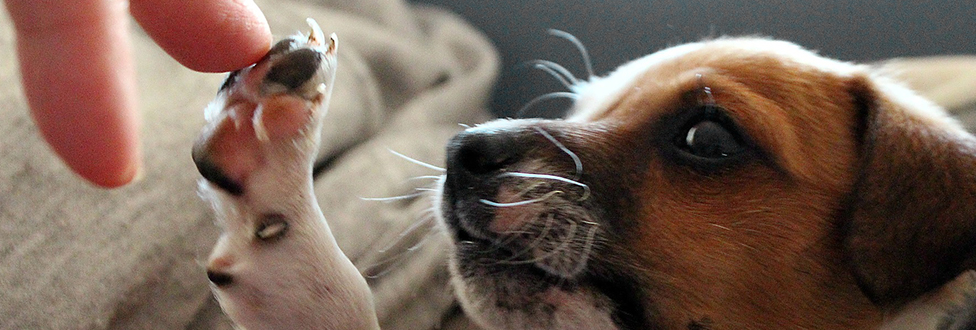Preventing Animal Cruelty and Torture Act (PACT) Signed into Law
President Trump signed into law the Preventing Animal Cruelty and Torture Act, or the PACT Act. The PACT Act is the first felony animal cruelty charge at the federal level.
The PACT Act may be the first felony animal cruelty law at the federal level, but it is a continuation of work that began almost 20 years ago. In 1999, Congress passed a law prohibiting creation, sale, and ownership of so called “animal crush videos.” These videos, a cruel and horrific depiction, were not illegal under any federal law. This 1999 law sought to stop the spread of these videos by targeting the videos themselves. However, there were concerns about the wording of the original law, and in 2010, the Supreme Court of the United States found the law was unconstitutional on the basis that the wording was broad and vague. After this setback, Congress passed the Animal Crush Video Prohibition Act of 2010. This law more narrowly prohibited the creation and distribution of such videos, but failed to criminalize the underlying animal cruelty in these videos.
Animal advocates have pushed for years to include these protections at the federal level, and finally, in 2019, we have a federal felony for the worst kinds of animal cruelty. This law prohibits conduct where mammals are “purposely crushed, burned, drowned, suffocated, impaled, or otherwise subjected to serious bodily injury…” Federal laws have limits as to what they can reach. To be a federal crime, it has to affect interstate commerce, or occur on federal lands. What this means practically is that many animal cruelty cases, which do not go across state lines, and may not include interstate commerce, can only be prosecuted at the state level. However, the omnipresent use of the internet brings “interstate commerce” into our lives almost every day.
Animal cruelty is illegal in all 50 states. However, this law gives law enforcement another tool to stop the most horrendous of acts towards animals, often done for monetary gain.
ARL Advocacy in Action
The Animal Rescue League of Boston continues to support legislation that enhances and improves protections for animals. Click here to view our 2019-2020 Legislative Agenda.

